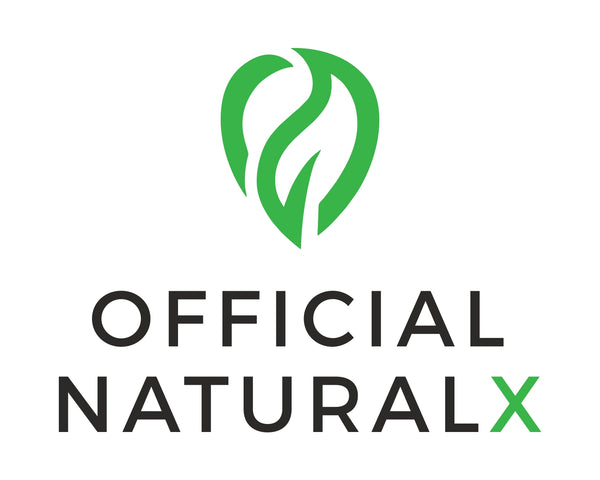When you imagine the jungles of Africa, what do you visualize? Lions as carnivores feasting on the flesh of dead prey, badgers as omnivores consuming plants and mice, zebras as herbivores munching on grass and tree foliage, and primates like apes and gorillas as frugivores enjoying fruits from trees, resorting to plants only when they're unwell.
Now, let's consider which mammals humans resemble physically and internally, disregarding the spiritual aspect. You guessed it, it's the primates, specifically apes and gorillas. Similar to them, humans were designed to thrive on a diet consisting mainly of fruits. In fact, our entire digestive system mirrors that of apes and gorillas, with an alkaline arrangement. Genetically, we were specifically crafted to consume fruits, berries, melons, and nuts.



The most electrically alkaline cell foods that humans can consume are indeed fruits, berries, and melons. These foods provide numerous health benefits and are easily digestible. Fruits are rich in amino acids, which contain hydrogen, oxygen, and carbon—the three elemental building blocks of physical and spiritual existence.
Now, let's delve into the concept of deceptive mucus-formers. The following list includes foods that many people are unaware of causing mucus production:
- Rice: While it's useful for making glue to bind books, it's not ideal for transitioning to a mucus-free diet.
- Avocados: Although technically a fruit, they are fatty and can be addictive. If consumed, it is recommended to combine them with a mucus-free combination salad or vegetables to aid elimination. However, it's best to avoid them if you're not already dependent on them.
- Nuts: They can generate mucus, but during the transition, they can be consumed alongside dried fruits like raisins to facilitate elimination.
- Plantains: They are starchy and contribute to mucus production.
- Tofu: Slimy and mucus-forming.
- Unripened fruits like green bananas: The riper the fruit, the better.
- Corn: It doesn't eliminate well and turns mushy and slimy in the intestines when cooked.
- Corn chips: While some individuals use them during the transition, they can be highly addictive and don't aid in elimination.
- Beans: They are starchy and mucus-forming, but can be consumed sparingly during the transition alongside green-leafy salads.
- Starchy vegetables: Certain vegetables, like white potatoes, are starchy and mucus-forming when raw or cooked. However, after proper cooking, many other vegetables, such as sweet potatoes, become nearly mucus-free (starch-less).
Additional recommendations include consuming 45 ounces of liquids daily, consisting of 25% natural spring water and 20% raw pressed fruit and vegetable juice. It is essential to avoid animal products, fish, hybrid foods, and alcohol. Additionally, it is advised not to use a microwave as it can diminish the nutritional value of food. Canned and seedless fruits should also be avoided.

